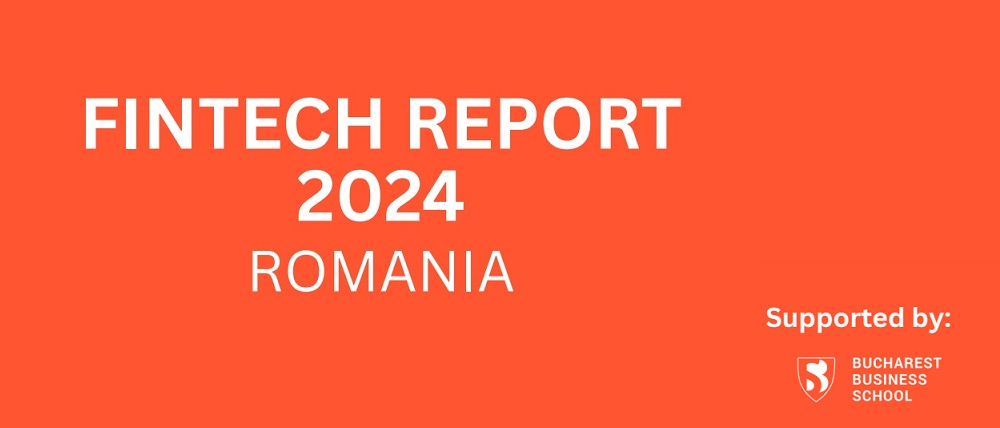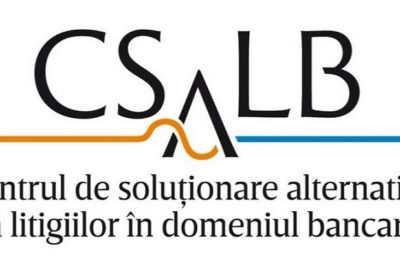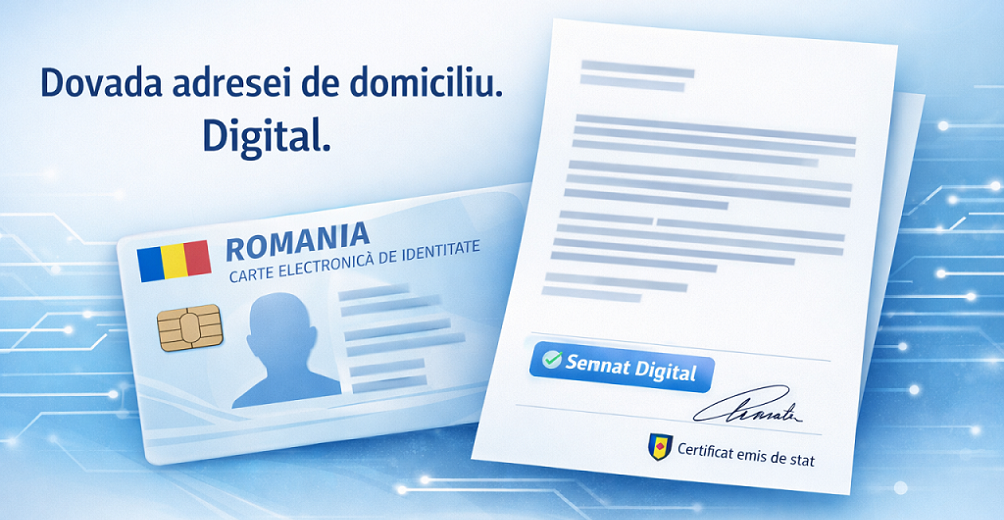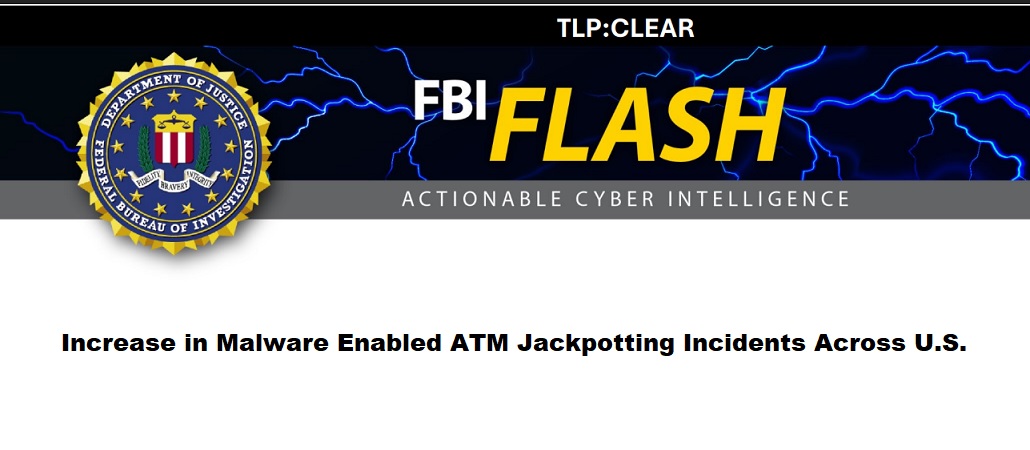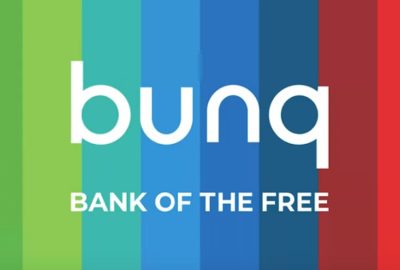Traditional banks are suffocating … they just don’t know it yet
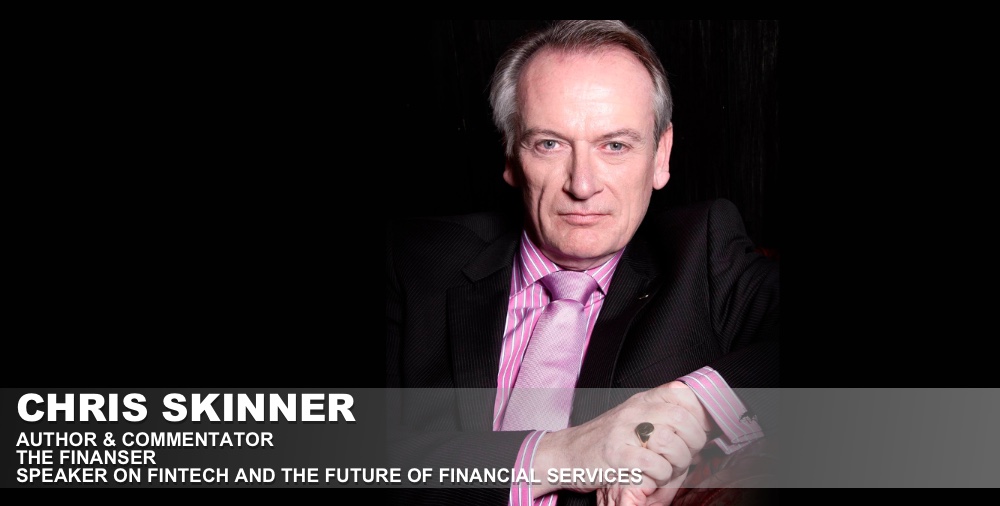
an article written by Chris Skinner, author of the bestselling book Digital Bank
An interesting lunch discussion about data the other day. It started when someone had picked up on my blog about Ana Botin, where she made the comment:
“Why should data be regulated in a different way if you’re called a bank and if you’re called something else … more than two billion people have a digital wallet. When you have a digital wallet, who should be part of that arrangement? Just the user and the phone provider? Or the company issuing the card also? This is where we need clarity.”
It got us thinking. Start with the basic relationship between a bank and their customer. The data is shared between the bank and the customer. Then you get a mobile telephone with an app. The data is still secured between the bank and the customer. Then you get PSD2 and Open Banking, requiring data sharing. Now you might share the data to embed the bank details in a mobile wallet. Then Google Pay, Apple Pay and Facebook Pay comes in and the data might be shared with Google, Apple and Facebook. Then you may also embed your bank details in PayPal, Amazon and other services.
You have this complex data value chain which started with just one provider, the bank, and now may have five, six or more involved. This is where the questions arise. What happens with data dilution? What happens if there is data compromise? Who is liable and who is to blame?
That’s a hard conversation, and one that most banks are nervous around, even though APIs and Open Banking is secure. The nervousness is around banks losing the user. Just as in my example of challenger banks getting lifestyle spending whilst incumbent banks get just the billing, the worry is that bright firms will leverage the data and leave the old bank standing.
If you’re not aware of my thoughts on challengers, here’s a quick repeat:
“There’s these new banks that are just hoovering up all of my lifestyle spending because they’re so good at analysing my lifestyle data. They show me what I spend, where I spend it, when I spend it and how much I’m spending on each and every darned thing in my life. So, they’ve become my lifestyle bank and you’ve become my boring old bank for my boring old bills, like utility payments and mortgage stuff. The stuff that is important but tells you nothing about who I am or how I live my life, ‘cos Monzo got all that stuff. In other words, you got the dumb data.”
Now we can add Big Tech to challenger banks. Amazon is leveraging a JPMorgan Chase wallet; Citi is working with Google; Apple has Goldman Sachs behind them; and Facebook is all over everything. As The Economist puts it: Silicon Valley giants are after your data, not your money.
It’s all about the battle over data. The more data you have on a user, the more you can target and leverage. The data provides knowledge. The digital footprint provides the lifestyle analytics. Lost that contact and you’ve lost everything.
Now, I know I’ve blogged about this a lot, but data really is air. Data is not oil. Oil is a fossil fuel with limitations. Data is air that allows us to breathe and thrive. Lose air and you suffocate. That’s what’s happening with the battle between FinTech, challenger banks, Big Tech and incumbent banks. And guess what? I’m saying many incumbent banks are suffocating. They just don’t know it yet.
About the author
Chris Skinner is best known as an independent commentator on the financial markets through his blog, TheFinanser.com, as author of the bestselling book Digital Bank, and Chair of the European networking forum the Financial Services Club. He has been voted one of the most influential people in banking by The Financial Brand (as well as one of the best blogs), a FinTech Titan (Next Bank), one of the Fintech Leaders you need to follow (City AM, Deluxe and Jax Finance), as well as one of the Top 40 most influential people in financial technology by the Wall Street Journal’s Financial News. To learn more click here…
Dariusz Mazurkiewicz – CEO at BLIK Polish Payment Standard
Banking 4.0 – „how was the experience for you”
„To be honest I think that Sinaia, your conference, is much better then Davos.”
Many more interesting quotes in the video below:
